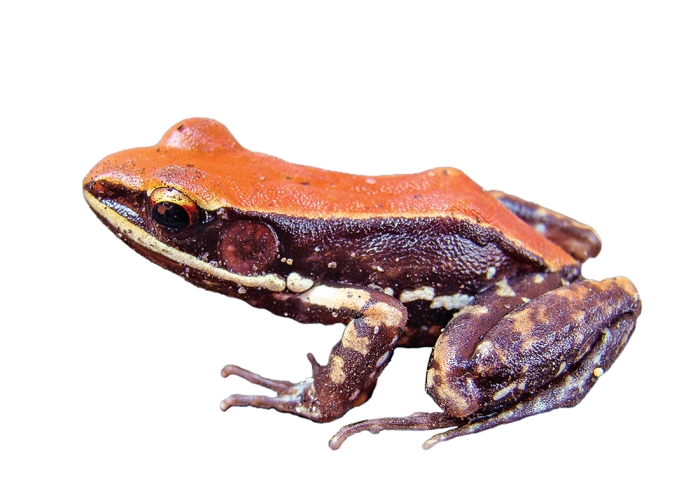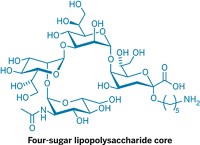Advertisement
Grab your lab coat. Let's get started
Welcome!
Welcome!
Create an account below to get 6 C&EN articles per month, receive newsletters and more - all free.
It seems this is your first time logging in online. Please enter the following information to continue.
As an ACS member you automatically get access to this site. All we need is few more details to create your reading experience.
Not you? Sign in with a different account.
Not you? Sign in with a different account.
ERROR 1
ERROR 1
ERROR 2
ERROR 2
ERROR 2
ERROR 2
ERROR 2
Password and Confirm password must match.
If you have an ACS member number, please enter it here so we can link this account to your membership. (optional)
ERROR 2
ACS values your privacy. By submitting your information, you are gaining access to C&EN and subscribing to our weekly newsletter. We use the information you provide to make your reading experience better, and we will never sell your data to third party members.
Biological Chemistry
Inflammation encourages spread of bacterial viruses
Process aids pathogen evolution by enabling transfer of virulence factors between bacterial strains
by Michael Torrice
March 20, 2017
| A version of this story appeared in
Volume 95, Issue 12
Pathogenic bacteria sometimes wreak havoc thanks to viral invaders called bacteriophages. Some phages infect bacteria and incorporate their DNA, as well as genes for toxins and other virulence factors, into the genomes of the microbes. In fact, the genes for the cholera toxin came from a phage that infected the ancestor of Vibrio cholerae. Such phages lie dormant and then reawaken and burst out of bacteria to infect other bacteria nearby, spreading the virulence genes they carry in the process. A new study reports that inflammation caused when the immune system attacks bacteria triggers this viral spread between microbes (Science 2017, DOI: 10.1126/science.aaf8451). The findings suggest that vaccinations and other treatments that avoid inflammation could slow the evolution of pathogens. The researchers led by Médéric Diard and Wolf-Dietrich Hardt of ETH Zurich studied mice infected with two strains of Salmonella enterica Typhimurium: a donor that contained a phage and a recipient that did not. After three days in the mice, 58% of the recipient microbes had been infected by the phage. But when the team used Salmonella engineered to not trigger inflammation, less than 0.01% of the recipient microbes carried the phage. Also, when the team infected mice vaccinated against Salmonella, the researchers observed less gut inflammation and, as a result, less phage transfer.





Join the conversation
Contact the reporter
Submit a Letter to the Editor for publication
Engage with us on Twitter